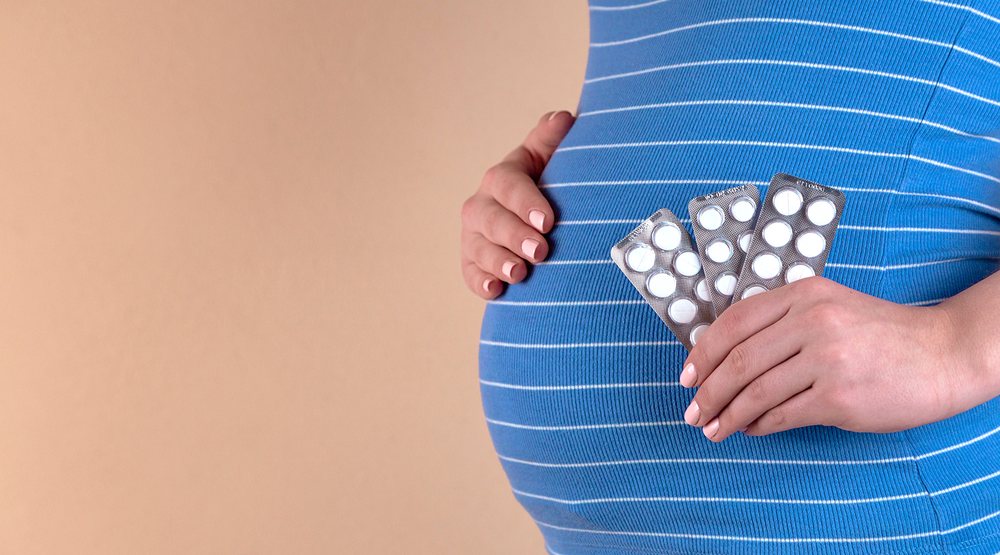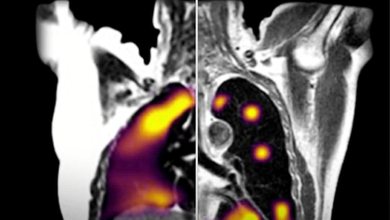
Health officials and experts in the United Kingdom have rejected statements by US President Donald Trump, who recently suggested that the use of paracetamol during pregnancy could be linked to increased cases of autism in children.
Speaking on Monday, Trump said there had been a “meteoric rise” in autism cases and raised suspicions that the use of Tylenol – the trade name for paracetamol in the United States – could be a factor.
The comments were immediately rejected by British health authorities. The UK Health Secretary, Wes Streeting, reacted strongly, stressing that there was no scientific evidence to support such a claim.
"Frankly, I trust doctors more than President Trump on medical matters. I want to be very clear: there is no evidence linking paracetamol use by pregnant women to autism in children. None," Streeting declared.
He also referred to a large study conducted in Sweden and published last year, which included 2.4 million children, and which found no link between paracetamol use during pregnancy and an increased risk of autism.
"I would say to everyone who is following us: don't pay any attention to what Donald Trump says about medical matters. Don't even believe me as a politician - listen to British doctors, scientists and the British health system," he added.
In the same vein, the European Medicines Agency (EMA) confirmed that there is no new evidence that would change existing guidelines on the use of paracetamol during pregnancy. The World Health Organization (WHO) also reacted through its spokesperson, Tarik Jasarevic, who stressed that the link between paracetamol and autism “remains uncertain and unproven.”
Experts are clear: paracetamol is safe to use during pregnancy, when taken according to medical instructions. There is no scientific evidence that this medication is linked to the development of autism in children.






















